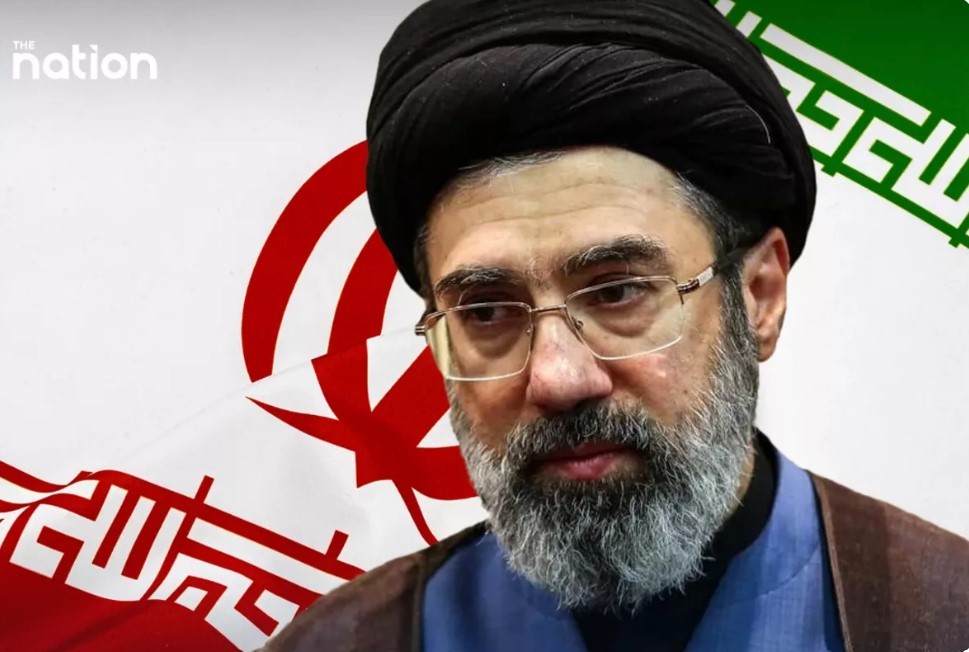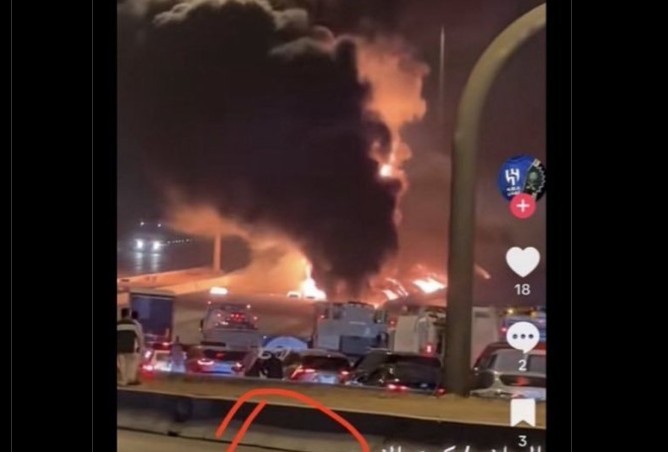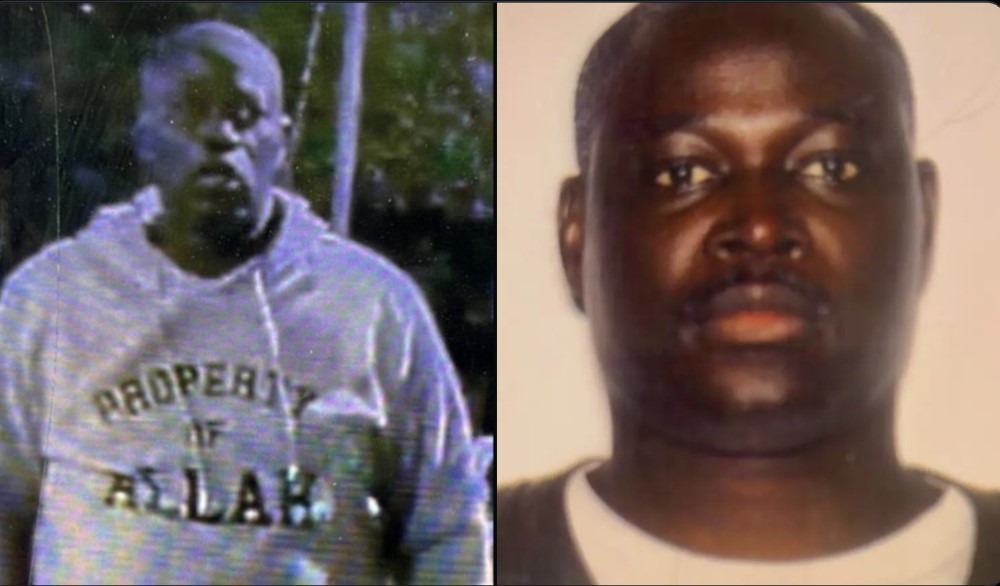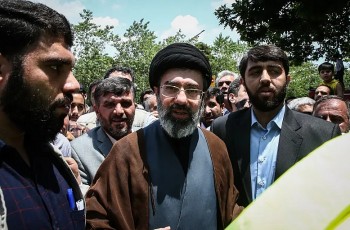What Might the Assassination Files Reveal? Trump Orders Release of JFK, RFK and MLK Records
On January 23, 2025, President Donald Trump issued an executive order mandating the declassification and release of the final remaining secret documents pertaining to three of the most significant assassinations in American history: President John F. Kennedy, his brother Senator Robert F. Kennedy, and civil rights leader Dr. Martin Luther King Jr. The announcement comes amid ongoing debates, speculation, and conspiracy theories that have lingered for decades regarding the true circumstances surrounding these events.
This historic decision has reignited public interest and scholarly debate, with many viewing it as an opportunity to finally unravel unanswered questions about these tragic moments in history. Others, however, remain skeptical, fearing that the files may have been altered, lost, or redacted to protect sensitive information. The move by Trump underscores the enduring significance of these assassinations and their impact on the American psyche.
Learn more: When Will JFK, RFK, And MLK Jr. Files Be Released? Within 15 Days or 45 Days?
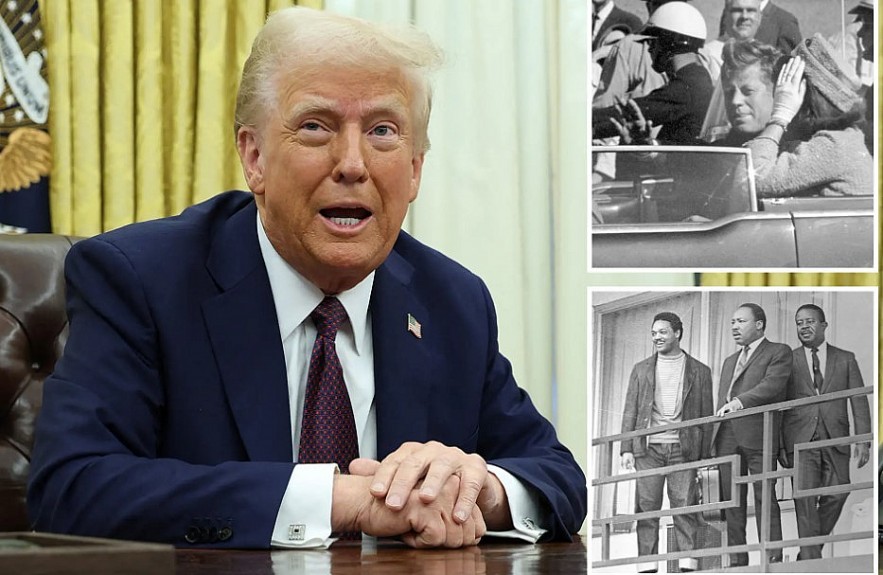 |
| Trump orders release of JFK, RFK and MLK assassination records |
Context and Historical Background
The 1960s were a turbulent decade in U.S. history, marked by social upheaval, the civil rights movement, and political unrest. Against this backdrop, the assassinations of John F. Kennedy, Robert F. Kennedy, and Martin Luther King Jr. sent shockwaves throughout the nation, altering its trajectory and leaving a legacy of suspicion and speculation.
John F. Kennedy: The Tragedy in Dallas
President John F. Kennedy was assassinated on November 22, 1963, in Dallas, Texas, while riding in an open-top motorcade with First Lady Jacqueline Kennedy. The 35th president was fatally shot in Dealey Plaza, with the official investigation concluding that Lee Harvey Oswald, a former Marine and defector to the Soviet Union, acted alone.
Oswald’s ties to the Soviet Union and his visit to the Cuban consulate in Mexico City shortly before the assassination raised suspicions of foreign involvement. The Warren Commission’s report, which concluded there was no conspiracy, failed to quell public doubts. The situation became even murkier when Oswald was shot and killed two days later by nightclub owner Jack Ruby while in police custody. Ruby’s known connections to organized crime fueled suspicions of a larger conspiracy involving the mafia, intelligence agencies, or foreign governments.
Robert F. Kennedy: A Campaign Cut Short
Just five years later, on June 5, 1968, Robert F. Kennedy was assassinated in Los Angeles shortly after delivering a victory speech for the California Democratic primary during his presidential campaign. Sirhan Sirhan, a Palestinian Christian, was arrested and convicted of the murder. Sirhan claimed his motive was anger over RFK’s support for Israel during the Six-Day War, but many have questioned whether Sirhan acted alone or was coerced into the killing.
Some of RFK’s family members, including his son Robert F. Kennedy Jr., have expressed skepticism about the official narrative. RFK Jr. has argued that additional gunmen may have been involved and has even supported Sirhan’s calls for parole. These beliefs have fueled demands for further investigation into the case.
Martin Luther King Jr.: The Death of a Dream
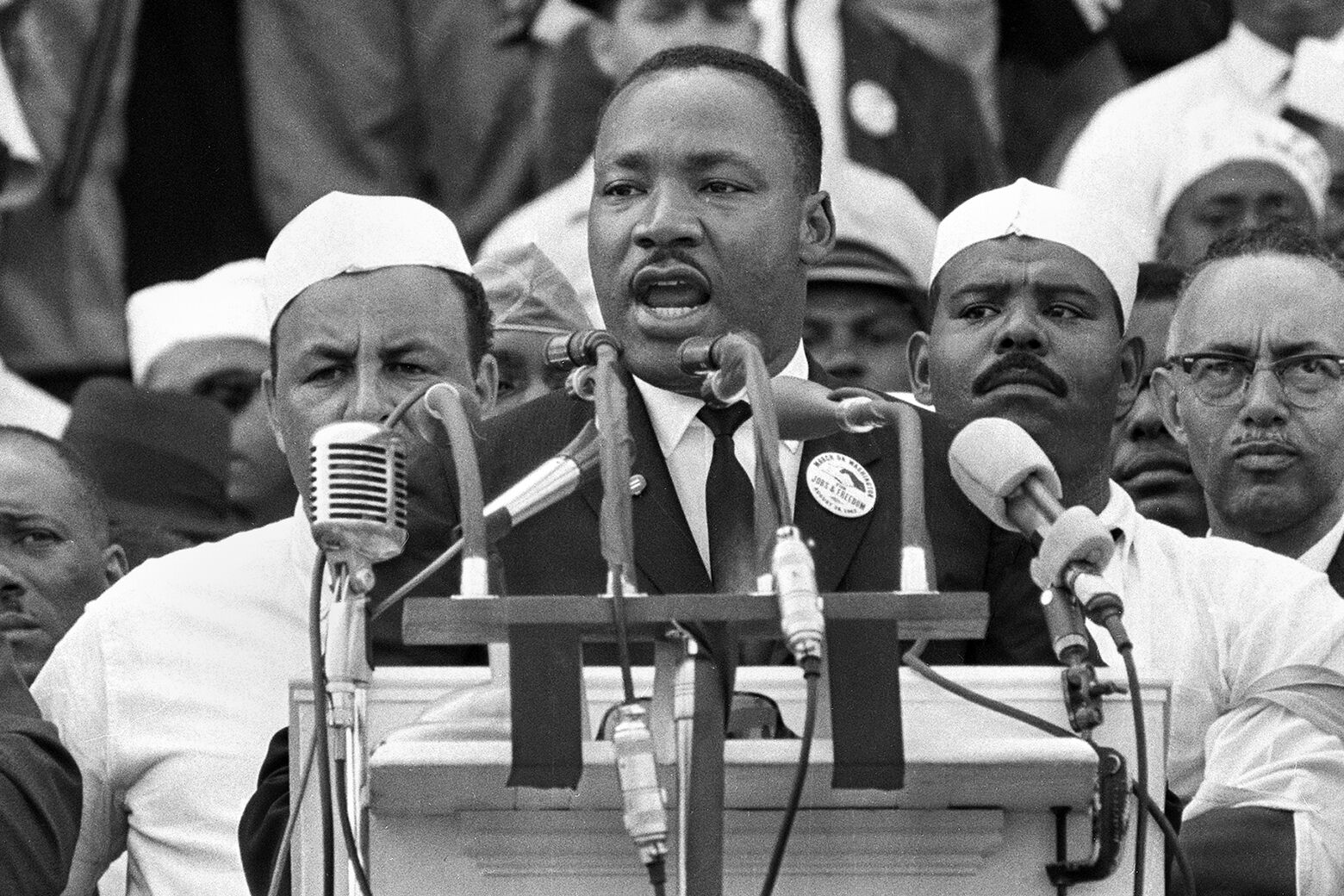 |
| Martin Luther King |
The assassination of Dr. Martin Luther King Jr. on April 4, 1968, in Memphis, Tennessee, marked another devastating blow to the nation. King, a leader of the civil rights movement, was shot on the balcony of the Lorraine Motel. James Earl Ray, a fugitive with a history of petty crimes, was arrested and pleaded guilty to the murder, only to recant his confession later. Ray’s claim that he was framed and manipulated by an unknown figure named “Raoul” has been the subject of much scrutiny.
The FBI’s role in monitoring and attempting to discredit Dr. King also raises questions about potential complicity. Declassified documents have revealed the FBI’s extensive surveillance of King and efforts to undermine his reputation, including an infamous letter allegedly attempting to coerce him into suicide.
Previous Efforts to Declassify Records
Over the years, there have been multiple efforts to release classified records related to these assassinations. The most notable initiative was the President John F. Kennedy Assassination Records Collection Act of 1992, which aimed to consolidate and make public all government documents related to JFK’s murder. By the mid-1990s, millions of pages of records had been released, but some remained classified for national security reasons.
In 2017, during his first term as president, Trump authorized the release of additional JFK assassination files. However, intelligence agencies successfully lobbied to withhold certain records, citing concerns about exposing sensitive operations and informants. These delays frustrated historians and conspiracy theorists alike, many of whom believed the withheld documents could shed light on potential conspiracies.
The 2025 order marks Trump’s latest effort to address these lingering concerns. The order mandates that the Justice Department and the Office of the Director of National Intelligence create a plan for the full release of JFK documents within 15 days and the RFK and MLK documents within 45 days.
What Might the Documents Reveal?
The release of these long-secret files on the assassinations of John F. Kennedy, Robert F. Kennedy, and Martin Luther King Jr. presents a profound opportunity to explore unanswered questions and unravel some of the mysteries surrounding these pivotal events. Although speculation has persisted for decades, these documents could offer critical insights into the political, social, and institutional dynamics that shaped the assassinations, as well as the investigations that followed. Below are the key areas in which the files might provide valuable revelations:
1. Foreign Involvement in JFK’s Assassination
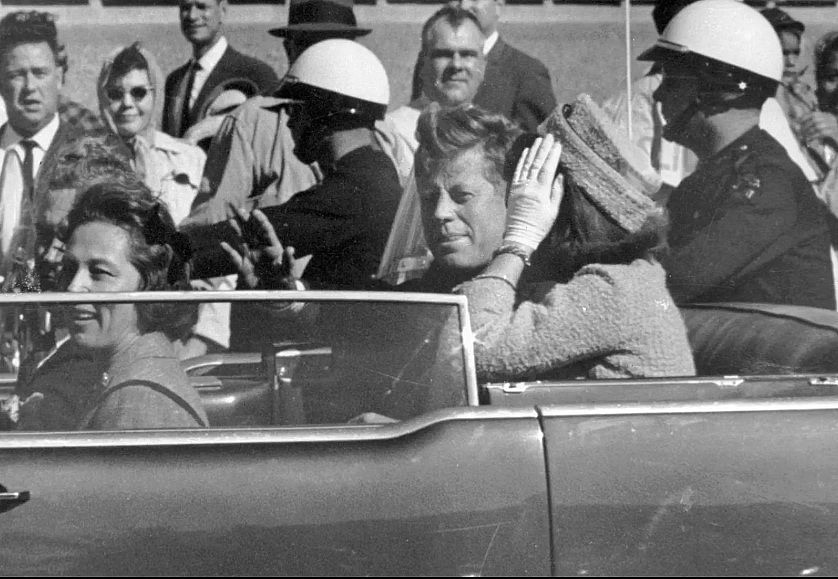 |
| President John F. Kennedy was assassinated in November 1963 in Dallas. |
One of the most persistent questions regarding President Kennedy’s assassination revolves around the potential involvement of foreign governments or entities. Lee Harvey Oswald’s defection to the Soviet Union in 1959 and his subsequent return to the United States raised immediate suspicions during the Cold War, a time of heightened tensions between the U.S. and the communist bloc.
Newly declassified records could shed light on Oswald’s activities during his time in the Soviet Union, as well as his interactions with the Cuban consulate in Mexico City in the weeks leading up to the assassination. Was Oswald merely a disillusioned individual seeking refuge in communist states, or was he recruited as part of a larger geopolitical plot? Declassified documents may also clarify whether Oswald’s correspondence with Soviet and Cuban officials involved discussions of violence or was limited to visa-related matters, as some earlier documents suggest.
Furthermore, the files might reveal more about the U.S. intelligence agencies’ surveillance of Oswald. Did the CIA or FBI have prior knowledge of his intentions? If so, why was he not apprehended before November 22, 1963? Answers to these questions could significantly alter public understanding of the assassination’s international dimensions.
2. The Role of U.S. Intelligence Agencies
The involvement—or alleged cover-up—by U.S. intelligence agencies in the assassinations of JFK, RFK, and MLK has been a major source of speculation. Critics have long accused agencies like the CIA and FBI of withholding critical information from the public and even from official investigations such as the Warren Commission.
For JFK, the CIA’s internal records may reveal whether the agency knew more about Oswald’s movements and intentions than previously disclosed. There are allegations that Oswald was under surveillance before the assassination, yet little concrete evidence has emerged to confirm this. Additionally, there have been claims that the CIA’s reluctance to release documents stems from fears that they would expose covert operations unrelated to the assassination, such as attempts to assassinate Cuban leader Fidel Castro.
In the case of RFK, the files could illuminate whether the CIA or FBI had monitored Sirhan Sirhan prior to the assassination. Some theorists have speculated that Sirhan may have been manipulated or hypnotized as part of a larger scheme, possibly involving U.S. intelligence. If the files reveal communications or internal memos about Sirhan’s activities, they could lend credibility to—or debunk—these claims.
For MLK, the FBI’s surveillance and harassment of the civil rights leader are well-documented, but the extent of their actions remains murky. Did the FBI actively work to undermine King’s safety, or were they simply negligent in responding to threats against him? The files could clarify whether the bureau was complicit in King’s death or merely failed to protect him from known dangers.
3. Robert F. Kennedy’s Private Investigations into His Brother’s Death
Robert F. Kennedy, himself a victim of assassination, harbored deep suspicions about the official account of his brother’s murder. As attorney general during JFK’s presidency, RFK was privy to classified information and had access to resources that allowed him to conduct private inquiries. However, much of what RFK uncovered—or suspected—remains a mystery.
The newly declassified documents may provide insights into RFK’s personal efforts to investigate his brother’s assassination. Did he uncover evidence that contradicted the Warren Commission’s findings? Was he aware of any credible threats or plots that were not publicly disclosed? These records could provide a clearer picture of RFK’s beliefs about who was responsible for his brother’s death and whether he pursued any leads that were later suppressed.
4. FBI Campaigns Against Martin Luther King Jr.
The FBI’s surveillance and harassment of Martin Luther King Jr. are among the most notorious chapters in the bureau’s history. Under the leadership of J. Edgar Hoover, the FBI sought to discredit King and undermine his leadership of the civil rights movement. Declassified files have already revealed efforts to spread rumors about King’s alleged infidelities and to send him an anonymous letter urging him to commit suicide.
The yet-to-be-released documents could provide additional details about the extent of these operations. Specifically, they might answer lingering questions about whether the FBI’s actions indirectly contributed to King’s assassination. For instance, did the bureau overlook credible threats to King’s life because of its hostility toward him? Were there informants within King’s inner circle who reported on his movements and activities?
Furthermore, the files may reveal more about the FBI’s narrative that King’s associates were tied to communist organizations. Previous documents have shown that the bureau viewed King’s anti-war and civil rights advocacy as a potential threat to national security. If new records confirm or contradict these claims, they could reshape public understanding of the FBI’s motivations and actions during this period.
5. Organized Crime Connections
Organized crime is another recurring theme in theories about the assassinations of JFK and RFK. Both brothers had a contentious relationship with the mafia, particularly due to their efforts to crack down on organized crime during JFK’s presidency. Jack Ruby, who killed Lee Harvey Oswald, had known connections to mob figures, leading some to believe that the mafia orchestrated JFK’s murder.
For RFK, the mob’s animosity toward him was even more pronounced. As attorney general, he aggressively pursued prosecutions against major organized crime figures. Some theorists have suggested that RFK’s assassination could have been an act of revenge orchestrated by the mafia. Newly released files might reveal whether federal authorities investigated these connections thoroughly or dismissed them prematurely.
6. Lost or Destroyed Evidence
One of the most troubling aspects of these cases is the possibility that crucial evidence has been lost or deliberately destroyed. The declassification process may reveal the extent of these losses and whether they were accidental or intentional. For example, the public may learn more about the handling of physical evidence, such as ballistic materials and autopsy reports, as well as the chain of custody for key documents.
If the files reveal patterns of mishandling or deliberate obfuscation, it could further erode trust in the institutions responsible for investigating these assassinations.
Public and Scholarly Reactions
The announcement has sparked intense reactions across the political spectrum. Advocates for transparency have praised Trump’s decision as a critical step toward uncovering historical truths. Historians and researchers are particularly eager to examine the records, hoping to piece together a more complete narrative of these pivotal events.
However, skepticism remains. Critics question whether the files will be fully unredacted and whether any crucial documents have been lost or destroyed over the decades. Others caution that the new information may be inconclusive, fueling further speculation rather than providing definitive answers.
Robert F. Kennedy Jr., who has been nominated by Trump to serve as Secretary of Health and Human Services, has expressed support for the declassification effort. RFK Jr. has previously claimed that the CIA was involved in the assassinations of his father and uncle, and his prominent role in the administration adds a unique dimension to the narrative.
The SignificanceThe release of these files is about more than just satisfying curiosity—it represents a broader commitment to government transparency and accountability. The assassinations of JFK, RFK, and MLK were defining moments in American history, reshaping the nation’s trajectory and leaving enduring scars. Addressing the mysteries surrounding these events is essential not only for historical scholarship but also for public trust in government institutions. The 2025 executive order underscores the importance of revisiting these events, not merely as historical curiosities but as crucial moments that continue to shape the national consciousness. By confronting these tragedies openly, the U.S. government has the opportunity to foster a deeper understanding of its history and the forces that shaped it. |
In Conclusion
President Trump’s order to release the remaining secret files on the assassinations of John F. Kennedy, Robert F. Kennedy, and Martin Luther King Jr. is a significant milestone in the quest for historical truth. As the public and scholars await the declassification of these documents, the hope is that they will provide clarity, resolve lingering doubts, and illuminate the complex dynamics behind these events.
While the files may not answer every question, their release marks an important step toward transparency and accountability. In a nation still grappling with the legacy of these assassinations, understanding the past is vital to shaping a better future.
 Where Will Melania and Barron Live During Trump’s Presidency? Where Will Melania and Barron Live During Trump’s Presidency? Trump's wife, Melania, and son, Barron, who is a teenager and attends NYU in Manhattan, are anticipated to remain in the White House in a ... |
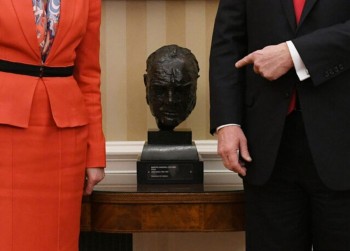 Trump Brings Back The Churchill Bust to the Oval Office: A Symbol of Political and Diplomatic Significance Trump Brings Back The Churchill Bust to the Oval Office: A Symbol of Political and Diplomatic Significance KnowInsiders explores the intriguing journey of the Churchill bust, the symbolism it carries, and the broader implications of its movements between presidencies. |
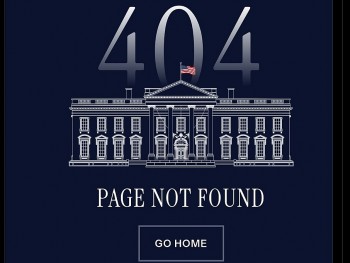 Fact-Check: U.S Constitution Removed From White House Website Fact-Check: U.S Constitution Removed From White House Website Fact-Check: Was the U.S. Constitution Removed from the White House Website After President Trump’s Inauguration? |
 The Full Text: Joe Biden's Outgoing Letter to Donald Trump The Full Text: Joe Biden's Outgoing Letter to Donald Trump In his final letter to President Donald Trump, former President Joe Biden wished him "may God bless you and guide you" before leaving the Oval ... |


